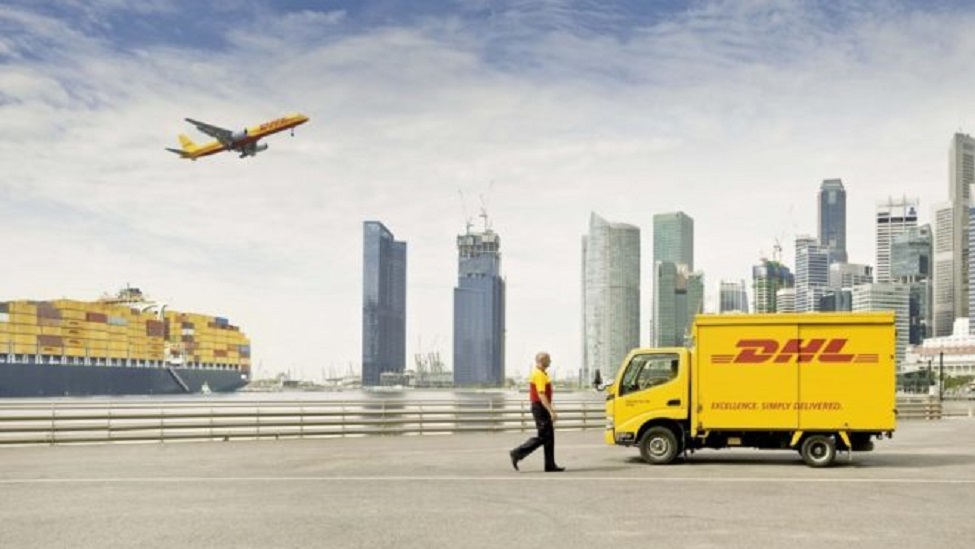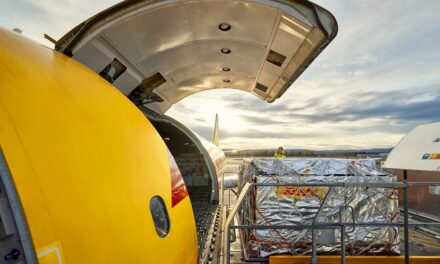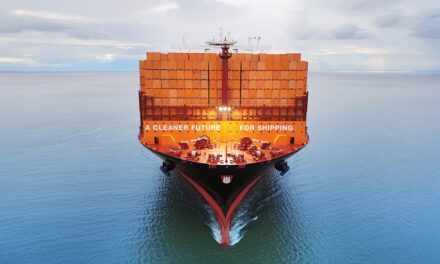
DHL Global Forwarding: local businesses in Australia and New Zealand are in need of an alternative

DHL Global Forwarding has announced a multimodal option that brings significant cost-savings to Australian and New Zealand businesses importing goods from Europe.
Due to the coronavirus pandemic, shippers face hefty air freight rates globally due to the limited capacity, caused by sharp declines in passenger flights that typically account for more than 50% of freight capacity worldwide.
DHL Global Forwarding’s new service combines the speed of air freight for the first leg of the journey where goods from Europe are consolidated into Singapore or Hong Kong, which then travel via affordable and sustainable ocean freight to their destinations.
“As countries gradually recover in the aftermath of Covid-19, we are seeing an increase in demand for products other than essential and medical goods. Local businesses in Australia and New Zealand are in need of an alternative to pure air freight transport, which has not recovered to pre-Covid rates due to the capacity crunch worldwide. With our strong global network and local expertise, we were able to swiftly create viable solutions including this Europe-Pacific AIR-SEA service, to help companies rebuild their business as they adapt to the new normal,” said Charles Kaufmann, CEO, North Asia South Pacific, DHL Global Forwarding and President/Representative Director, DHL Global Forwarding Japan K.K.
Australia’s second largest trading partner, Europe has seen its exports to the country increase steadily from €28.1 billion (AU$47 billion) in 2006 to €40.7 billion (AU$68 billion) in 2016, with passenger motor vehicles, medicines and pharmaceutical products amongst its key exports. New Zealand ranks Europe as its top source of imports, accounting for €8.7 billion (NZ$15.5 billion) in 2018.
The leading air, sea and road freight service provider has seen mounting demand for the service from exporters in Germany, Italy, the United Kingdom and the Netherlands shipping a diverse range of commodities from baby food, electronics and shopping bags to automobile parts, solar power units and heavy machinery.
“Strategically located in the midpoint between the origin and destination, Singapore and Hong Kong were chosen as the locations for the consolidation hubs due to their large capacity, high frequency of flights, and ability to ship “freight all kinds” (FAK),” Kaufmann added.
Due to the coronavirus pandemic, it is no secret that shippers face hefty air freight rates globally due to the limited capacity, caused by sharp declines in passenger flights that typically account for more than 50% of freight capacity worldwide.
In providing innovative solutions,












